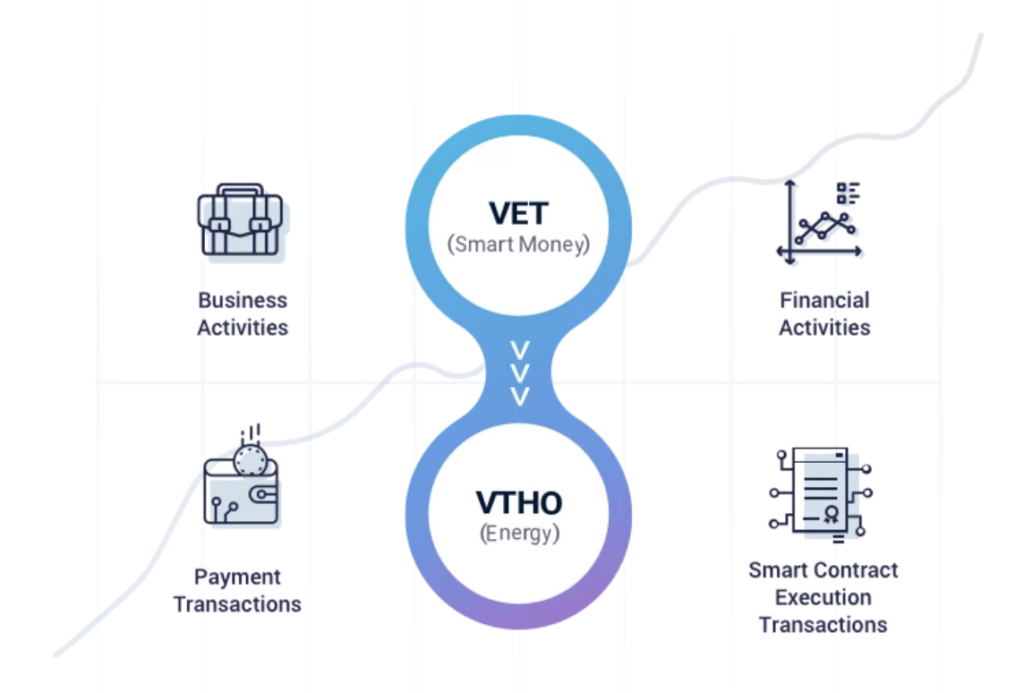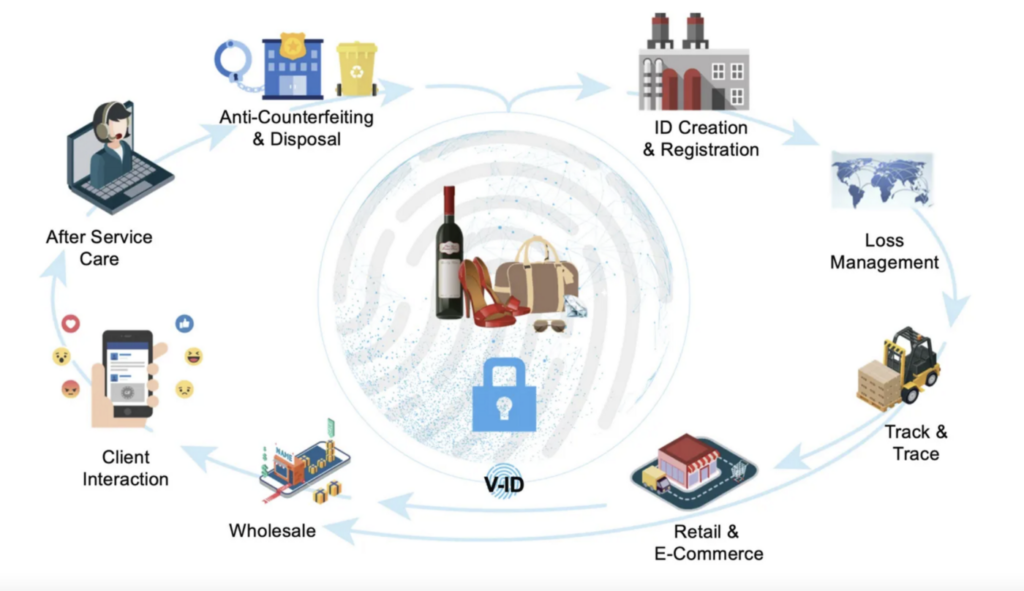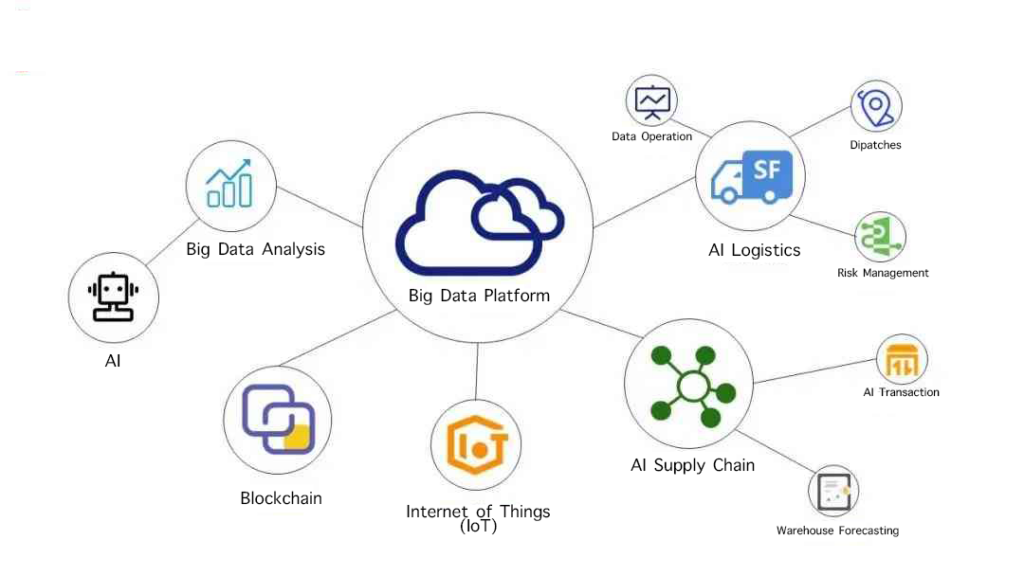SF Express: Blockchain Logistics with Big Data

New era of logistics – Blockchain and Big Data
Founded in 1993 in Shenzhen, China, SF Express offers traditional logistics services was a leading express delivery in China. In 2017, SF Express had involved in a battle with the logistic-tracking platform Cainiao Network, which provides delivery tracking services with multiple express delivery companies in China. SF Express sought a change.
SF Express was facing multiple challenges. Falsified data, poor data collection, and isolation of data. Data is frequently of low quality or quantity and often cannot be adequately accessed by all parties involved in a supply chain.
Inefficient information collection can devastate the transaction of supply chain flexibility. The vital information generated during transportation, such as temperature and humidity, is currently mainly collected manually, meaning no one has guaranteed authenticity or reliability. It is difficult to determine the actual problem when it happened and where it is. Moreover, the information can be easily manipulated. The data collected is managed by each participant in a centralized manner, which can be tampered with or altered. Numerous upstream and downstream enterprises are isolated from each other, which causes the information cannot be shared in a timely and effective manner. And eventually, the entire logistics process is off-handed.
SF Express decided to cooperate with VeChain, a company that provides blockchain technology for transparent information flow and reliable sources of truth to optimize the logistics process.
Based in Singapore, VeChain is a blockchain platform that sees blockchain technology as an infrastructure through which businesses and industries can transfer and store data decentralized. To determine the authenticity and quality of products purchased by platform users, VeChain uses tamper-proof distributed ledger technology.
The capabilities of blockchain technology built a see-through wall that does not need to depend on mutual trust between users anymore. Still, structures are made that cannot be manipulated as part of the supply chain of goods.
VeChain developed new IoT ( Internet of Things) applications for the supply chain management.
VeChain developed three products as a completed system, targeting each pain point. VeChainThor, its tokens, and ToolChain.
Vechain Thor, consensus mechanism of the identity, the Proof of Authority. All transactions in the VeChain platform are assigned products with unique identities. These identities are produced using VeChain Identity technology. The ID is generated using a SHA256 hash function in the ERC25 chain. The IDs are stored simultaneously in the blockchain and integrated on the product with an NFC chip, RFID tag, or QR code. With the help of the VET token, SF Express can collect capacity in the system on the blockchain. The higher the number of tokens it owned, the higher the priority in the network. Have you ever wondered if the Fair Trade logo on the product you purchased is authentic? With this service, every piece of information, from the exact GPS coordinates of the materials, to the manufacturing facility, the logistics providers, and the retailers, is digitized and recorded in an encrypted format and saved in a single trusted source.
Toolchain was built to offer a turnkey solution that limits costs and simplifies product distribution. The system delivers and validates data on the blockchain, enabling transactions to streamline supply-chain and product management processes.
Using VET as a primary token for recorded transactions, A secondary token, VTHO is used to create smart contracts to keep transaction costs stable. VTHO, is automatically generated with every use or holding of VET, is thereby considered a driver for new currencies and innovative contract transactions on the network and funds projects on the blockchain.

By adapting the VeChain system, SF Express expanded its big data platform, combined with open source components and AI.
SF Express has developed a more thorough big data matrix from VeChain’s approach. The matrix comprises three layers, data integration, data storage computing, and data products. Data integration connects systematic data logs and unsystematic data logs, storing in various engines and then providing a backup collection for data computing. Data computing, SF Express self-developed a cloud computing system that allows data to be structured and analyzed simultaneously by machine learning and offline algorithms. And finally, the system implements on a front-end website and middle-end platform for tracking providers.
Now, SF Express offers logistics services in warehouse management, sales forecasting, and settlement management by using big-data analysis and cloud computing.
In pandemic years, SF Express continues to use the blockchain tracking system to protect essential supplies like medicines and food. The system can track, verify, and record each transaction, preventing the potential contagion of the product and making it easier for later virus tracing investigation.
References:
- VeChain: Blockchain Supply Chain Tracking, https://medium.datadriveninvestor.com/vechain-blockchain-supply-chain-tracking-54e71c12474f, 03/24/2022
- SF Express Halts Deliveries From Hong Kong to Mainland, https://www.caixinglobal.com/2022-03-12/sf-express-halts-deliveries-from-hong-kong-to-mainland-101854660.html, 03/24/2022
- SF Express owner’s US$12 billion market loss highlights earnings risks building among China’s most popular bets, https://www.scmp.com/business/companies/article/3129848/sf-express-owners-us12-billion-market-loss-highlights-earnings, 03/24/2022






A very interesting read that tackles the unattractive side of a lot of big data: verifying the veracity of the data you collect. Most of what they were doing appeared to be focused on the data management side, I wonder if they have any ways of also preventing data manipulation in person, eg. tampering with the sensors that form the base of the system?